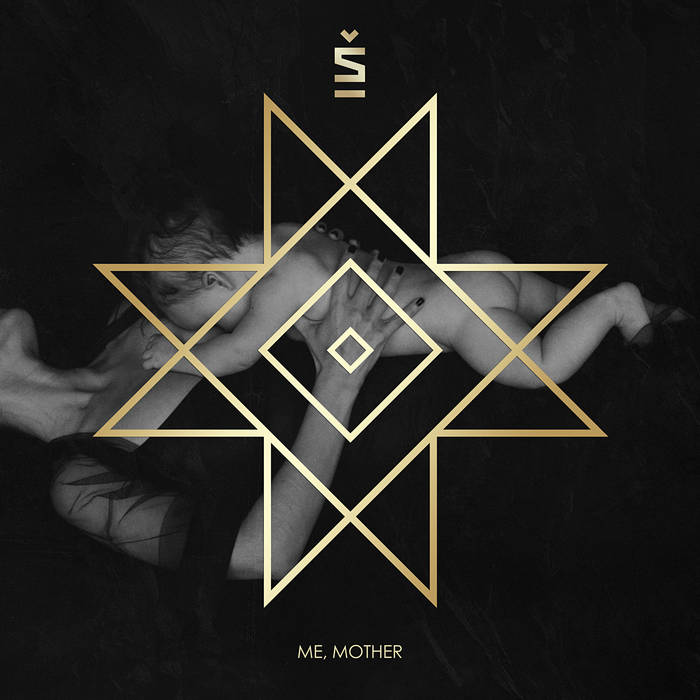“Our task is to show people, by our example, that traditional native Belarusian isn’t rural. It sounds cool, modern.”(interview from YinYang blog). Music can have more meaning and purpose when there’s motive behind it and for vocalist Rusia and producer Alexey Budzko, whom make up the Minsk-based spirtual-electronica duo Shuma, they feel a great motivation to reimagine and update ancient pagan songs from their heritage for a 2019 audience.
Admittedly, not many outside of Belarus apart from perhaps its neighbouring countries will have a great grasp of the Belarusian language, therefore appreciating the uniqueness Shuma brings relies heavily on the aura and atmosphere of their compositions. The duo get that right as it really is not like many albums you’ll hear this year.
Shuma could easily have drowned the singer Rusia’s otherworldly way-back-in-time chants – which draw comparisons to Faroese and fellow traditionalist musican Eivør, in a wave of synthesizers and thumping beats to a point where it no longer contains any organic spirit. However, they find ways to make the electronics compliment the organic and sound just as haunting, hypnotic and meditative as Rusia’s witchy humming.
The opening track ‘U Niadzelku’ (Eng. On Sunday) introduces us into this occasionally haunting yet engaging Shuma universe, painting it as an almost-empty dystopian environment with the only things left remaining being freakish jumping creatures, fuzzy out-of-signal televisions screens and police helicopters canvasing the area for survivors. A bit like the promo video to Aphex Twin’s ‘Come To Daddy’ if it also featured a séance.
Most Shuma tracks feature the same structure. Tracks begin with an essentially-acapella unfiltered performance, vocals often being duplicated for ghostly and communal effect, before beats kick in allowing the music to enter the territories of dub, slow dance and acid house. ‘Siuka Varonka’ (Eng. Sivka Funnel) is an interesting variation on this as Rusia’s vocalisation and the rhythm that progresses the song is almost hip-hop like, although the style of backing vocal and an organ-like sound still make it sound like it belongs in a church-like environment.
The Belarusians use many environmental sounds to take listeners out of the nightclub environment and in touch with nature. The disjointed ‘Kusta’ (Eng. Bush), the trancey ‘Daroha’ (Eng. Road), the ethereal ‘Biaroza’ all have bird chirps. Furthemore, the latter which is a gorgeous harp folk song – reminiscence of the Russian group iamthemorning – uses atmospherics really effectively, as it combines seagull sounds with the lead singer Rusia panting as she trudges up a hill in somewhat stormy conditions. Another highlight in ‘Kupalka’ features two singers harmonizing over a nocturnal bonfire, before the song descends into an eerie ambient soundtrack similar to Mica Levi’s ‘Under The Skin’. One of many moments on the album that’s better absorbed on headphones.
The album’s penultimate track is the impressive single ‘Galochki’, likely to be first introduction to the band for many as it’s been promoted by music blogs. It has a heaven/hell side to it’s schizophrenic character. The first half of song contains deep manipulated vocals on top of a Purity Ring style of glitch, while the second half is a more angelic cross between Enya and early Grimes. It tells the story of a girl who weeps before her wedding day and along with it’s music video is meant to be a fable about women maintaining their self-sufficiency in the face of societal pressure to get married.
Shuma’s first method of showcasing their contemporary Pagan songs to the 21st century was to try to compete in the Eurovision Song Contest 2018 representing Belarus. It may not have not won the public vote but a possible consequence is that they can keep their underground sound without the need to filter or commercialize it too much. A hidden catacomb of a gem.




